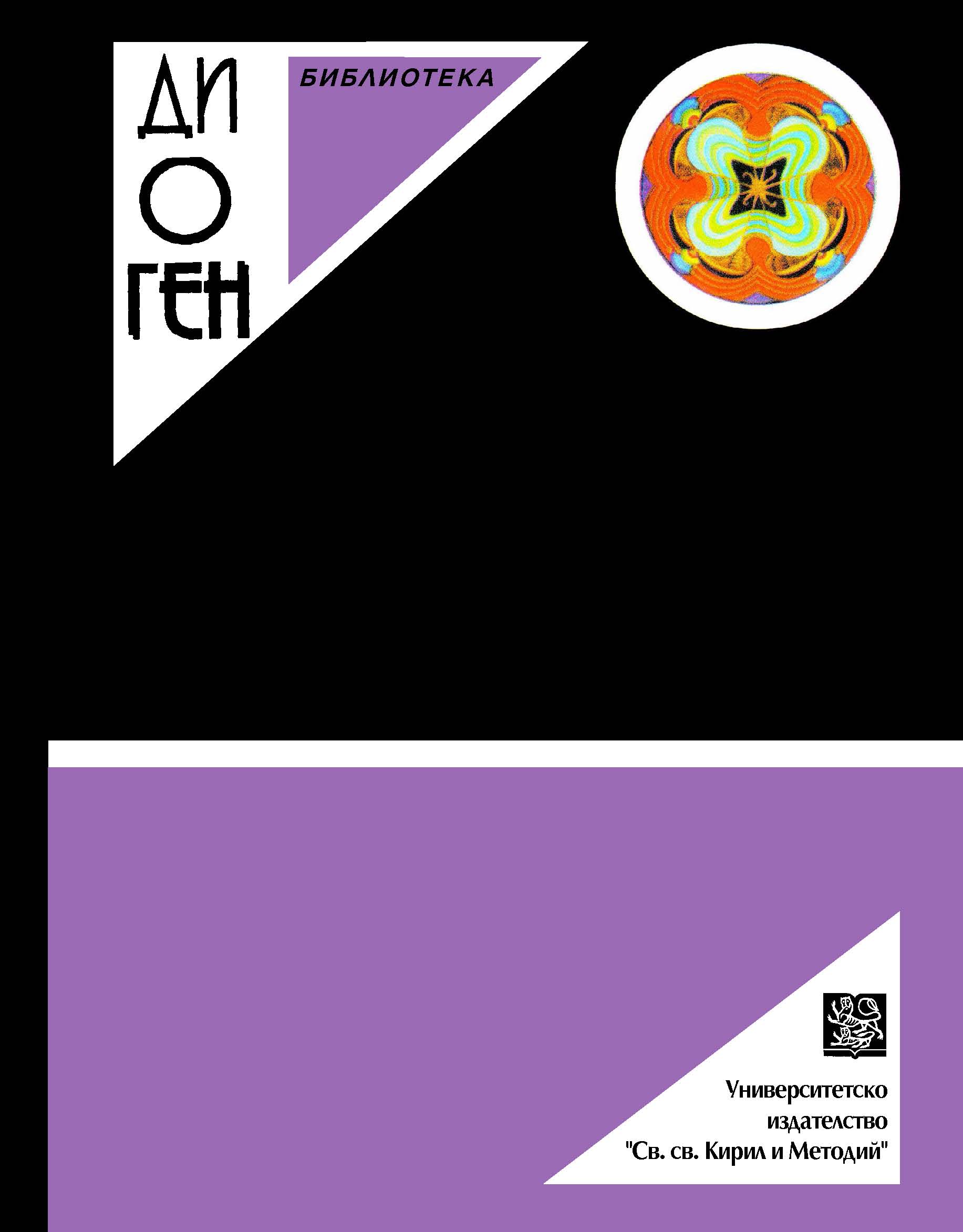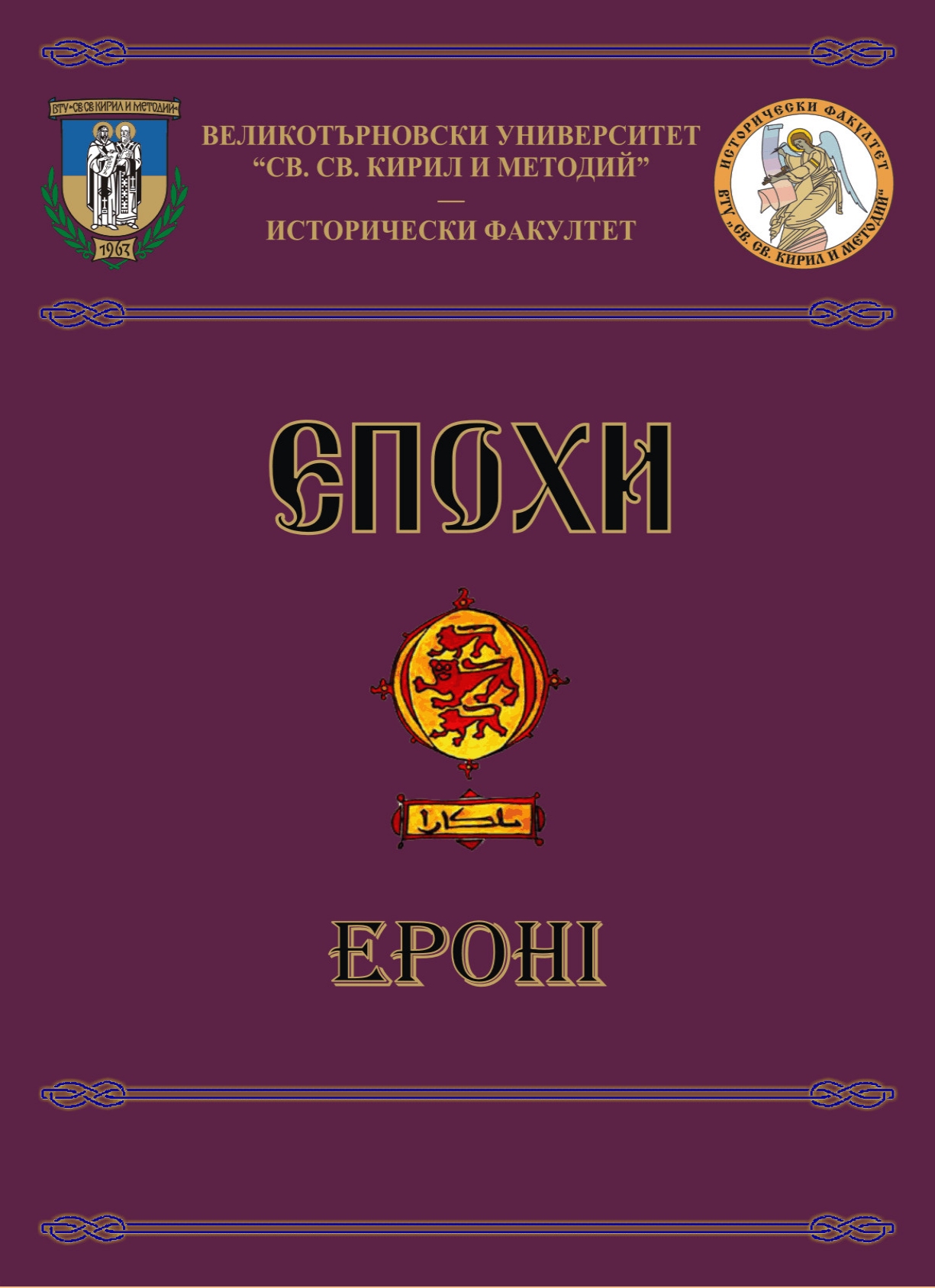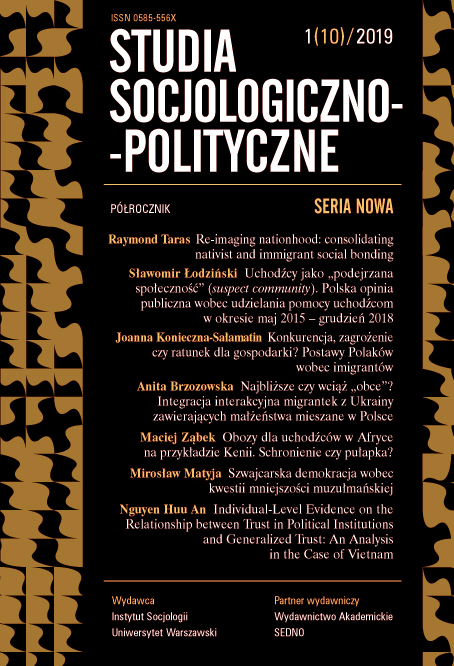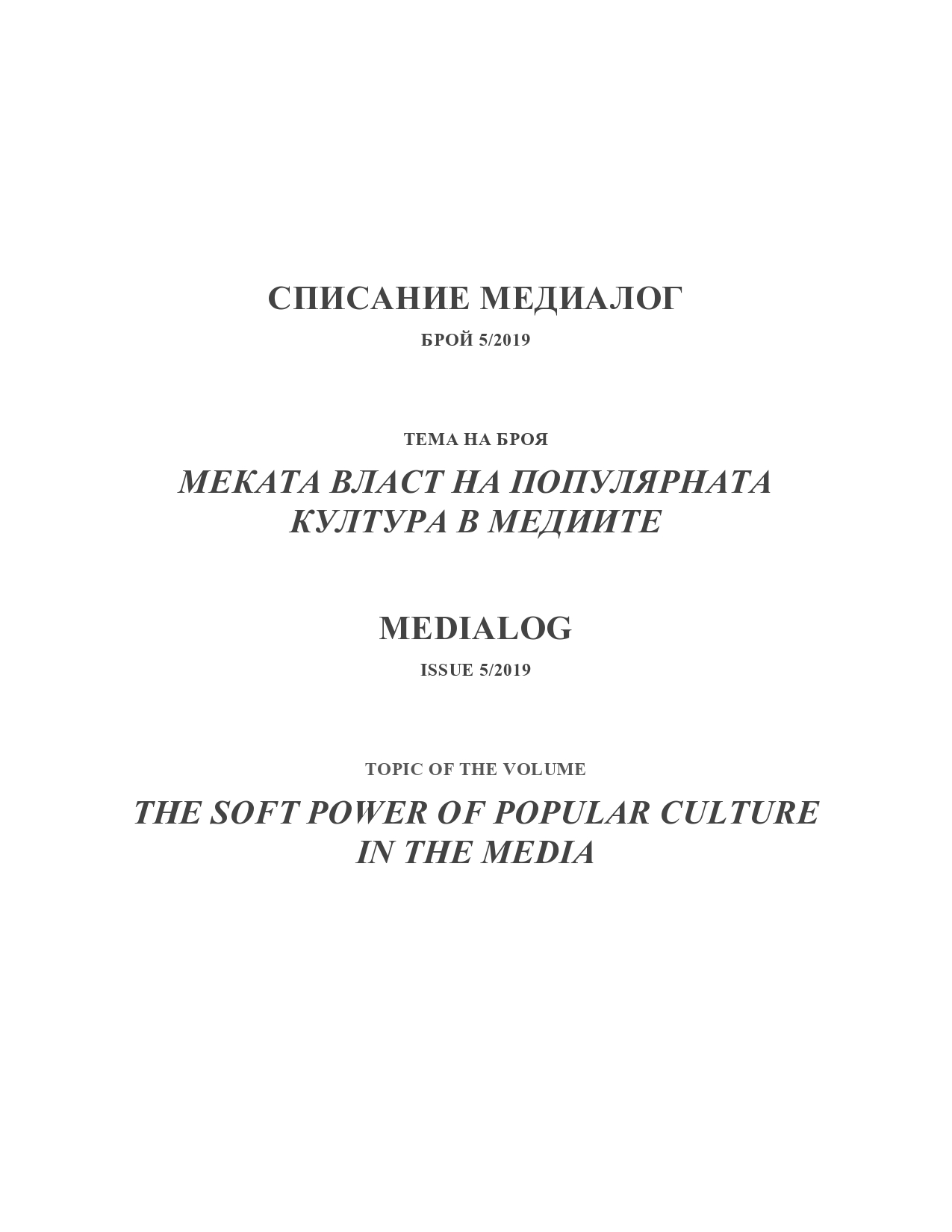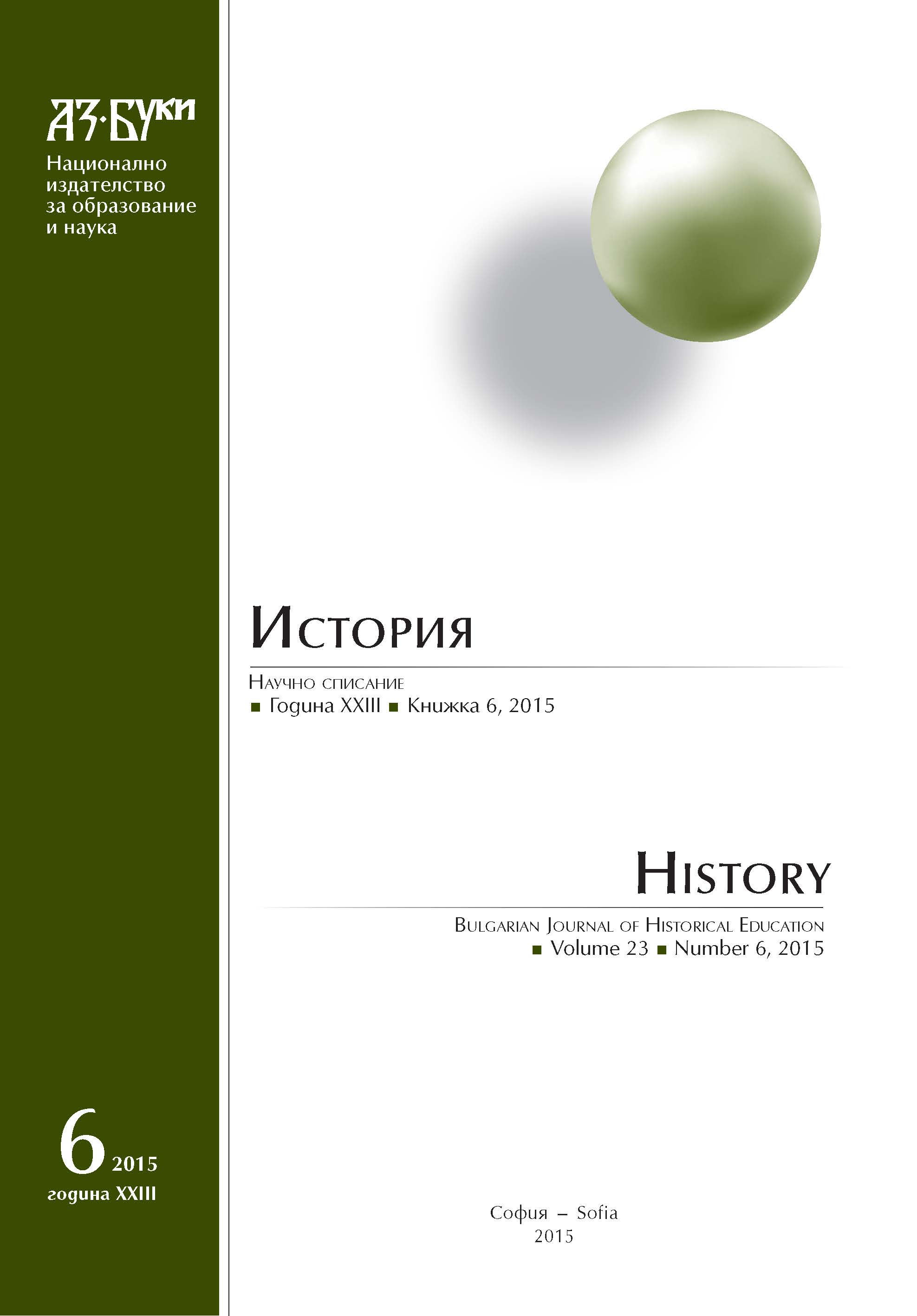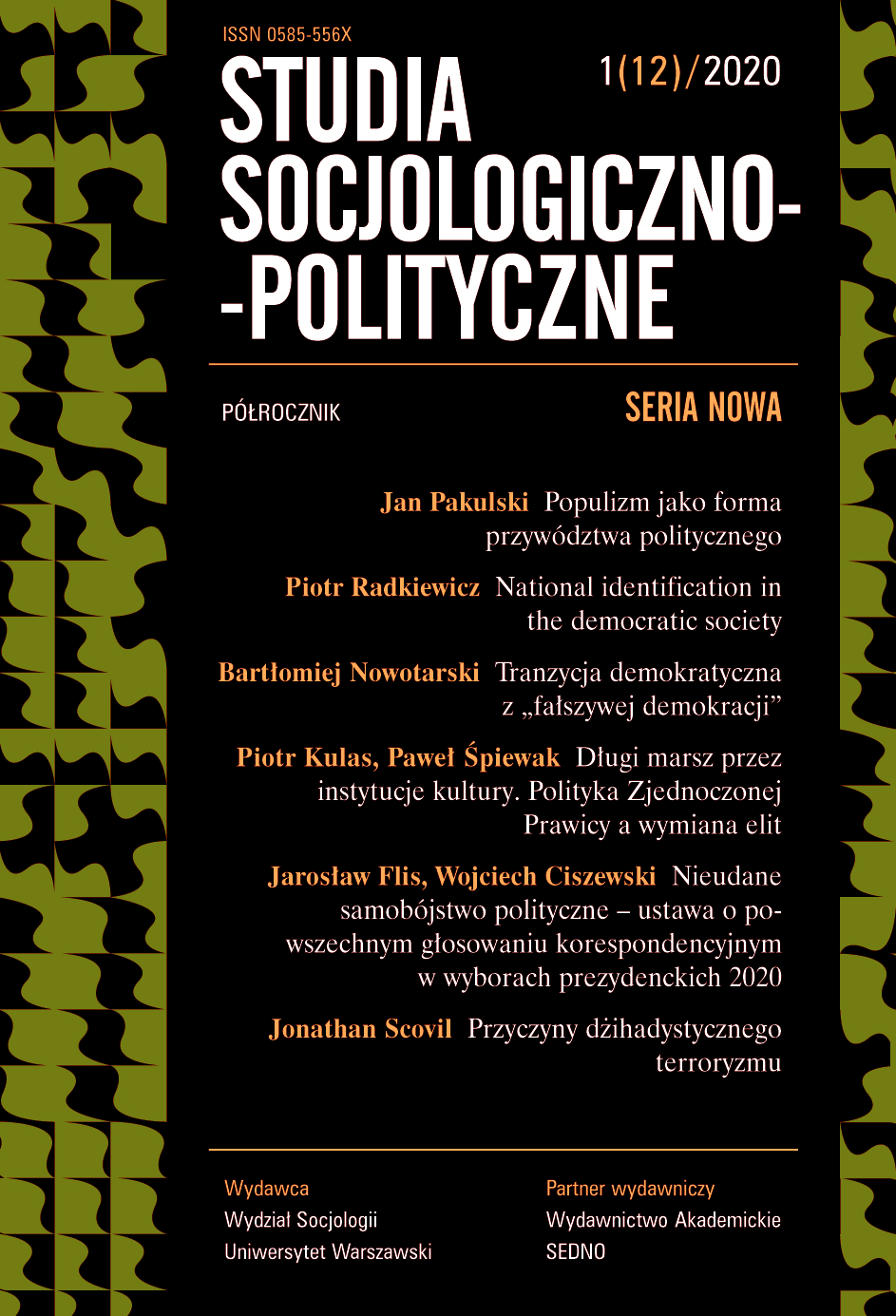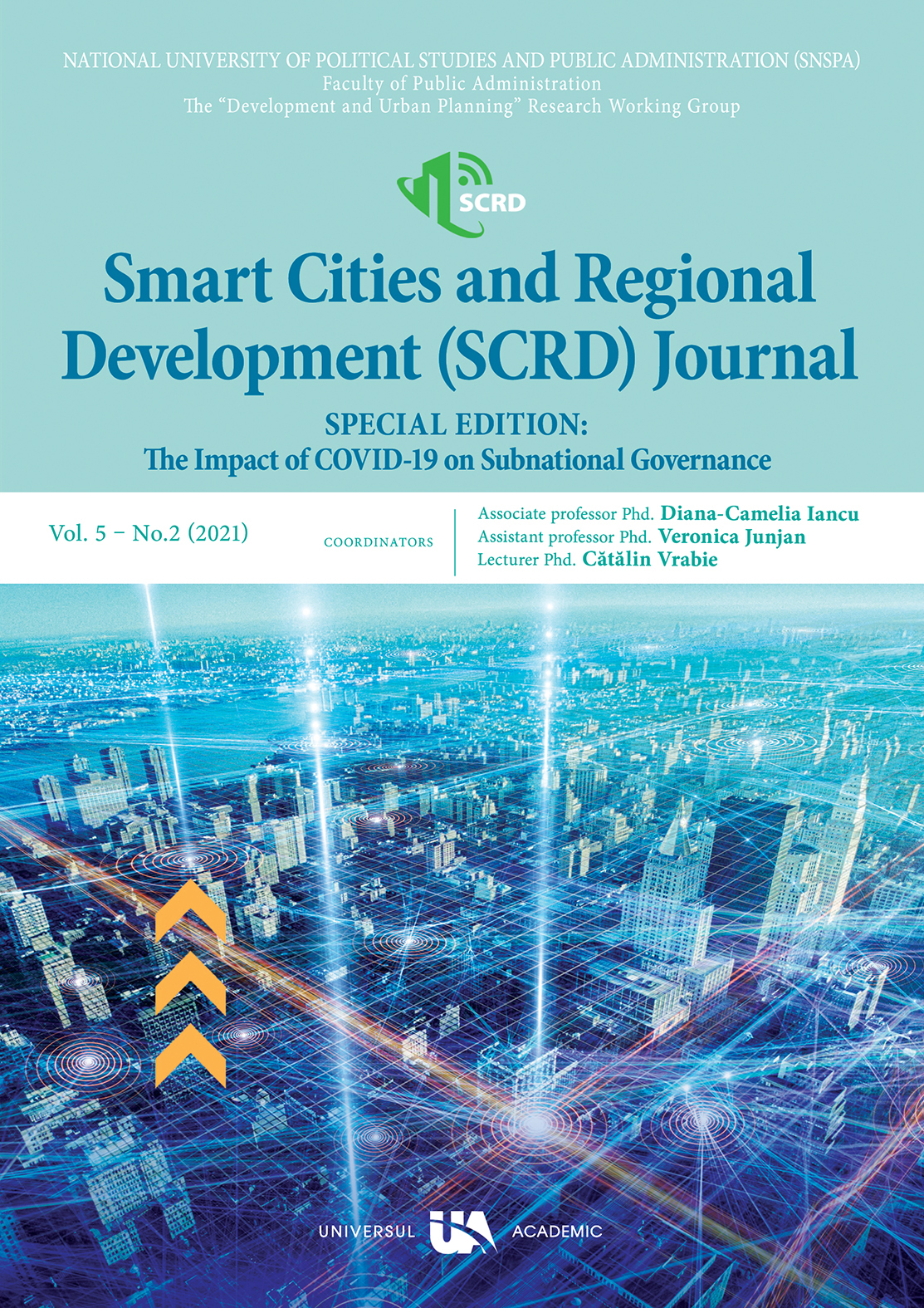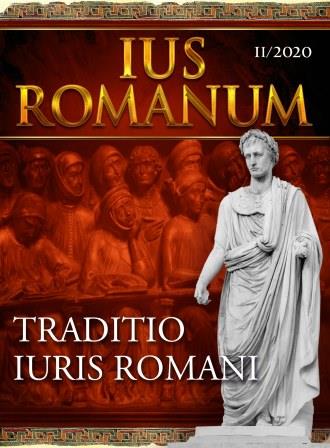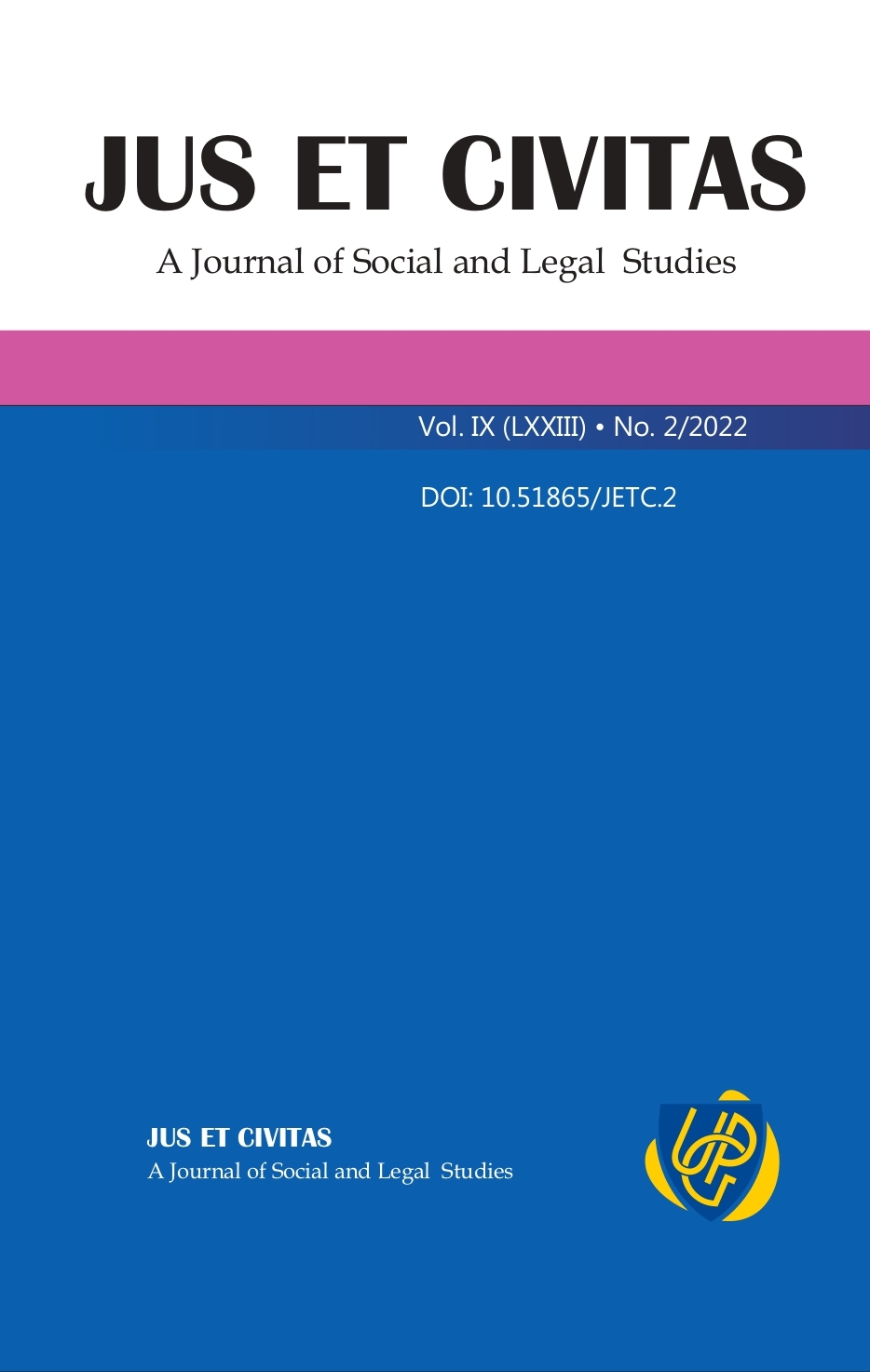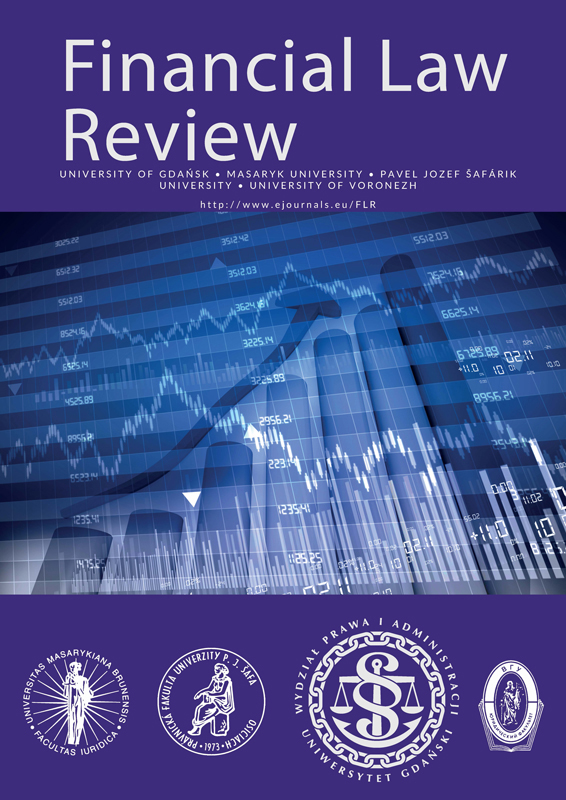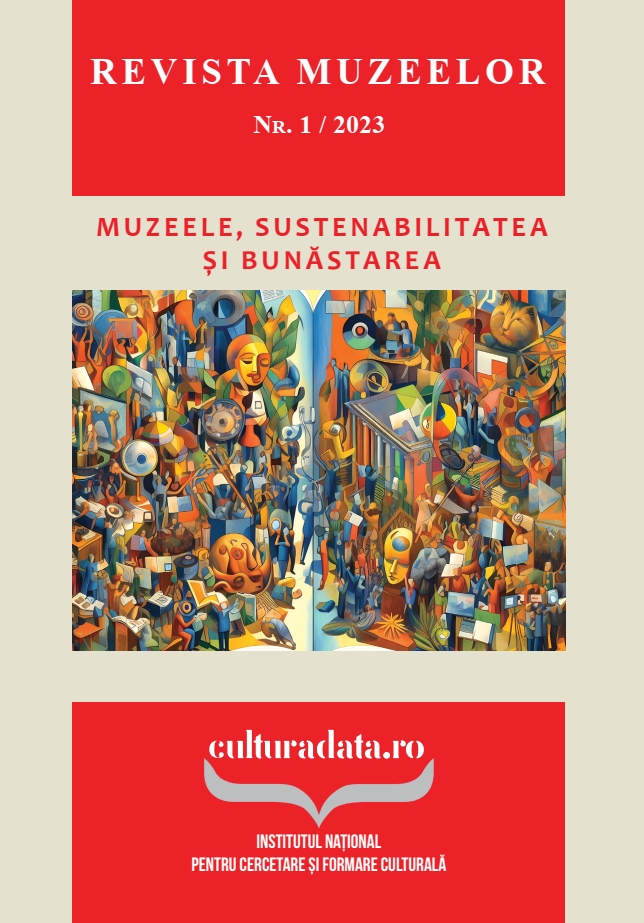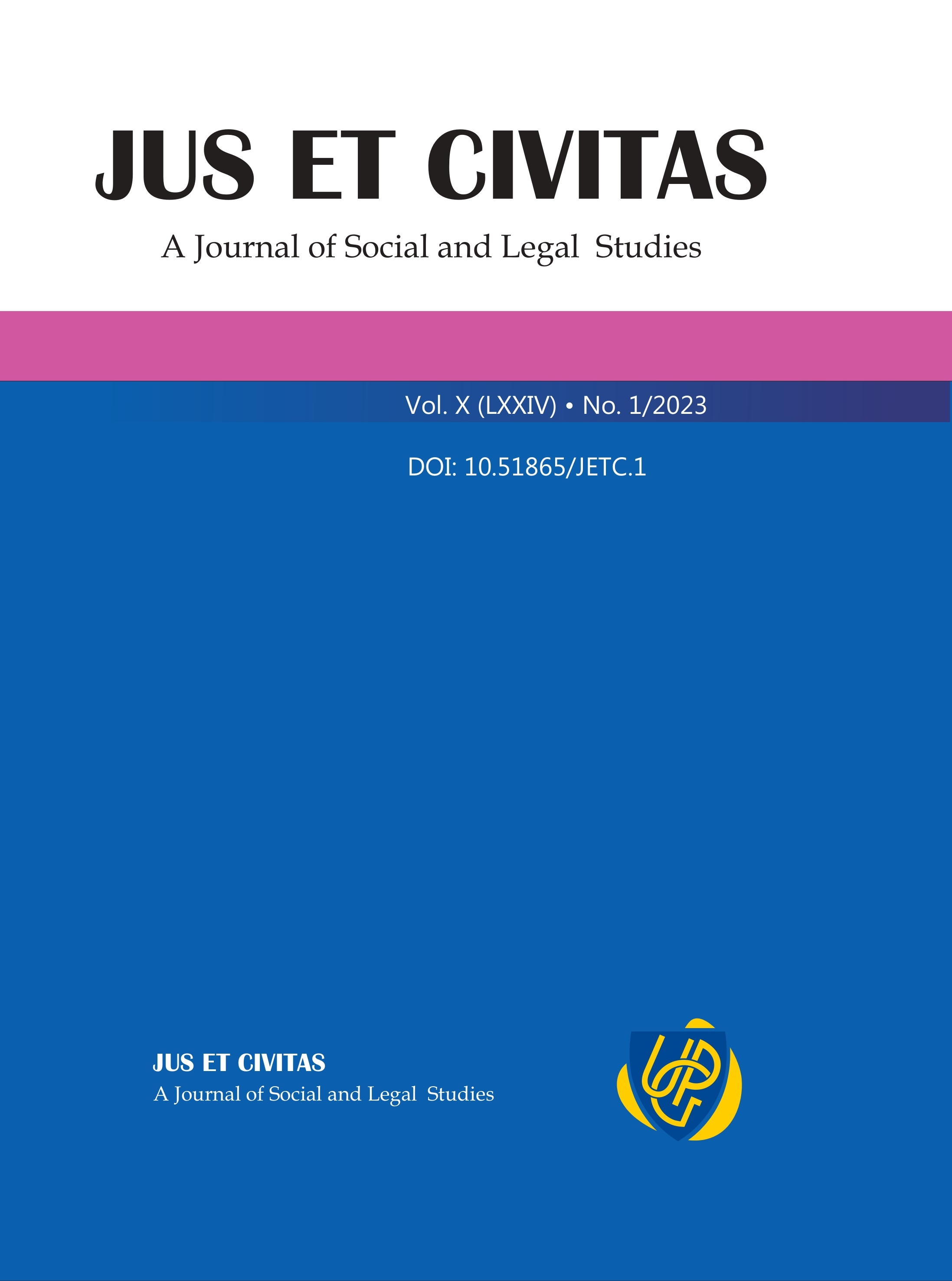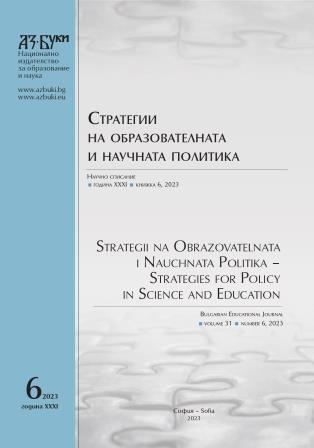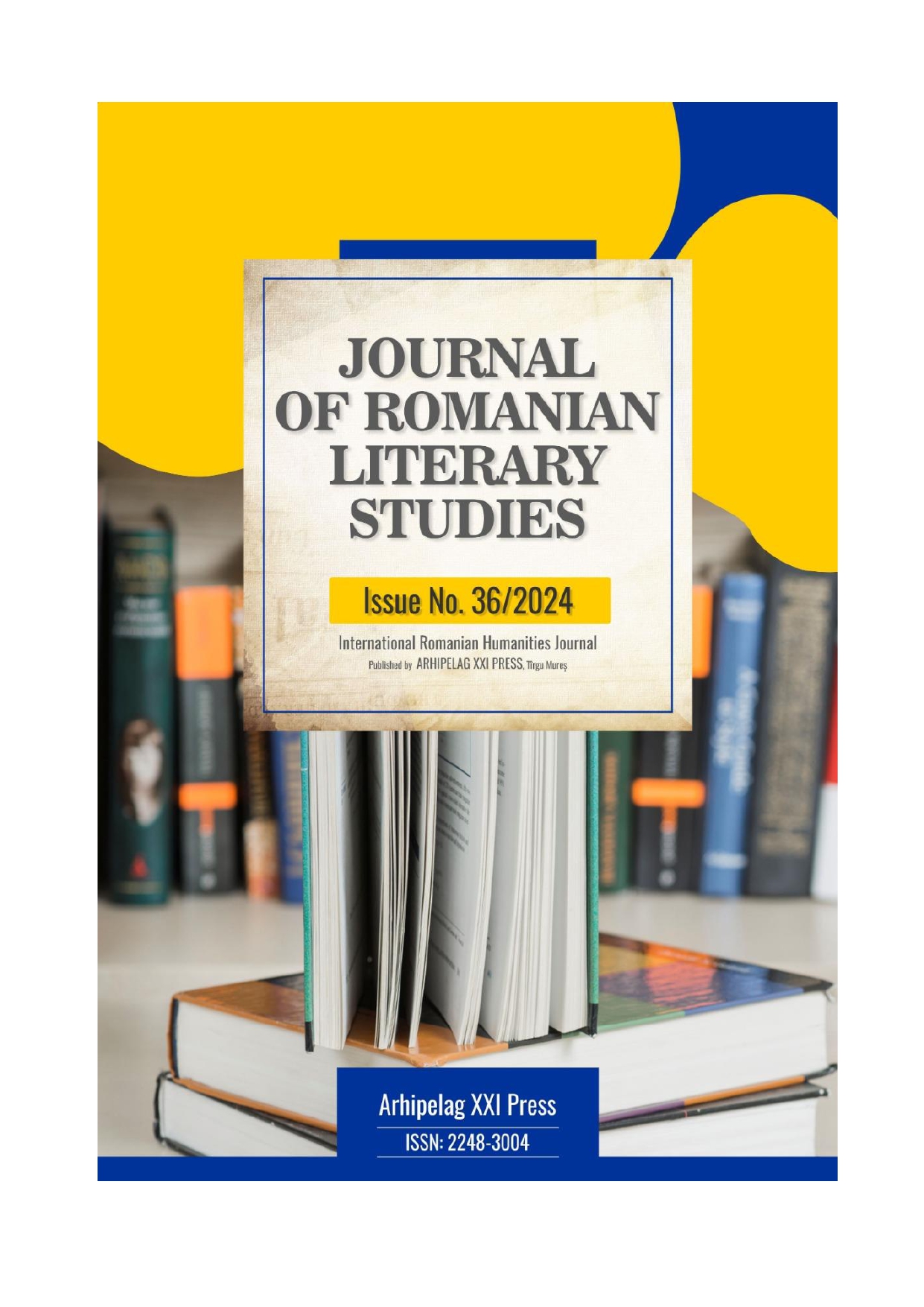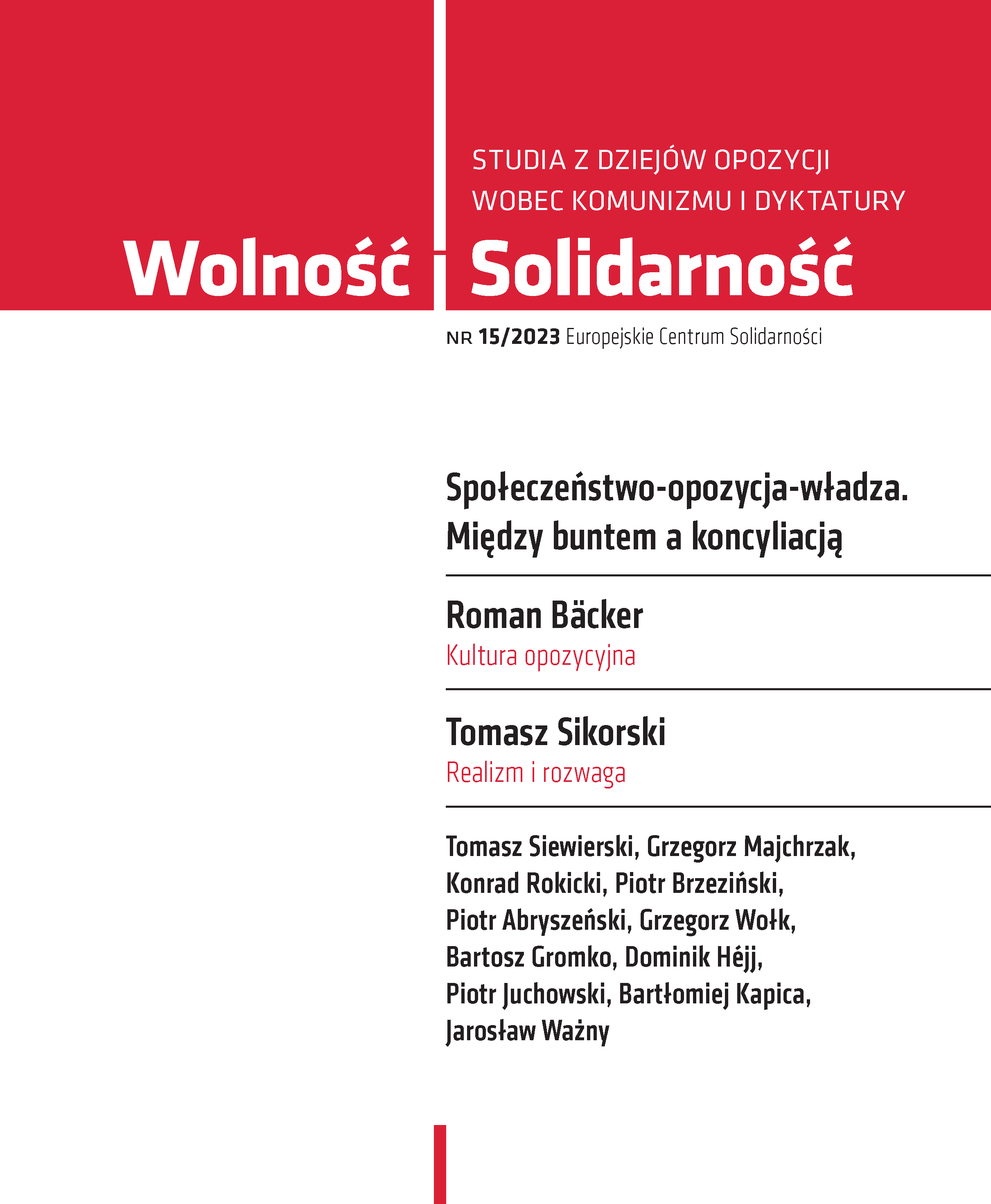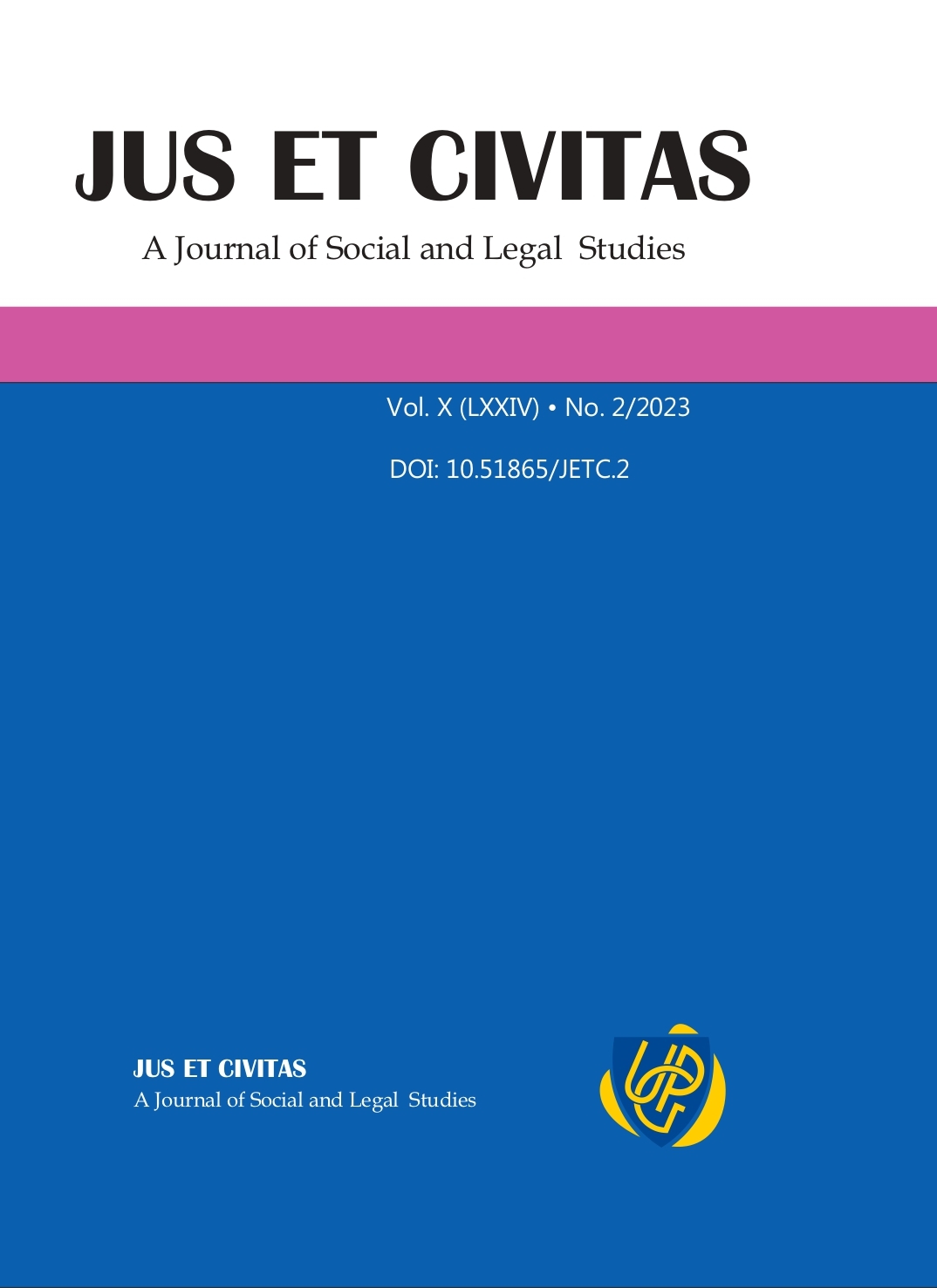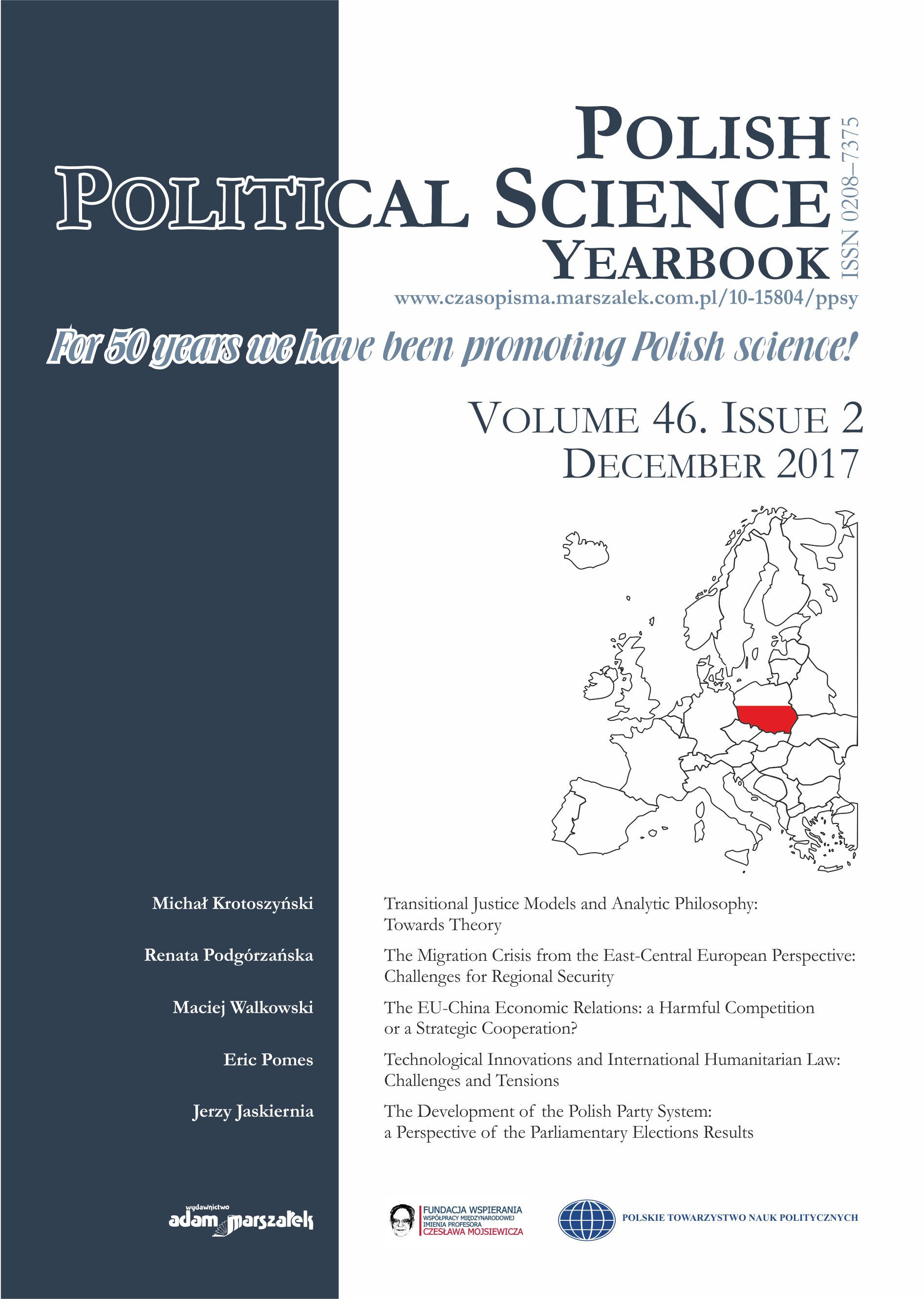
Transitional Justice in Ongoing Conflicts and Post-War Reconstruction
The main aim of the paper is to analyse the potential transitional justice mechanisms, directed at reintegration of Donbas, a territory temporarily occupied by pro-Russian separatists, being under the combination of a direct and indirect control of Kremlin, with Ukraine. In the aftermath of the Revolution of Dignity and a remove of ex-President Viktor Yanukovych as a consequence of Euromaidan protests held in Kyiv, in the Winter 2013/14, Ukraine became a state involved in the international armed conflict covering its Eastern provinces as a result of an external aggression of the Russian Federation. Furthermore, since early-2014, Moscow is continuously using pro-Russian militants to form and uphold unrecognised, de facto regimes of the so-called ‘Donetsk’ and ‘Luhansk People’s Republic(s)’ affecting the territorial integrity of the Ukrainian state. It is argued that Kyiv shall take into consideration some of the peace and restoration models applied in similar conflict or post-conflict environments, such as the United Nations Transitional Administration for Eastern Slavonia, Baranja and Western Sirmium (UNTAES) or the experience of numerous disarmament, demobilisation and reintegration (DDR) programs, filled with the transitional justice component. Moreover, by emphasising the context of a military (semifrozen) conflict in Eastern Ukraine, the paper is going to shed more light on the possible application of transitional justice tool-kit in the ongoing conflicts scenarios and its potential contribution to the shift from a conflict to the postwar environment.
More...
